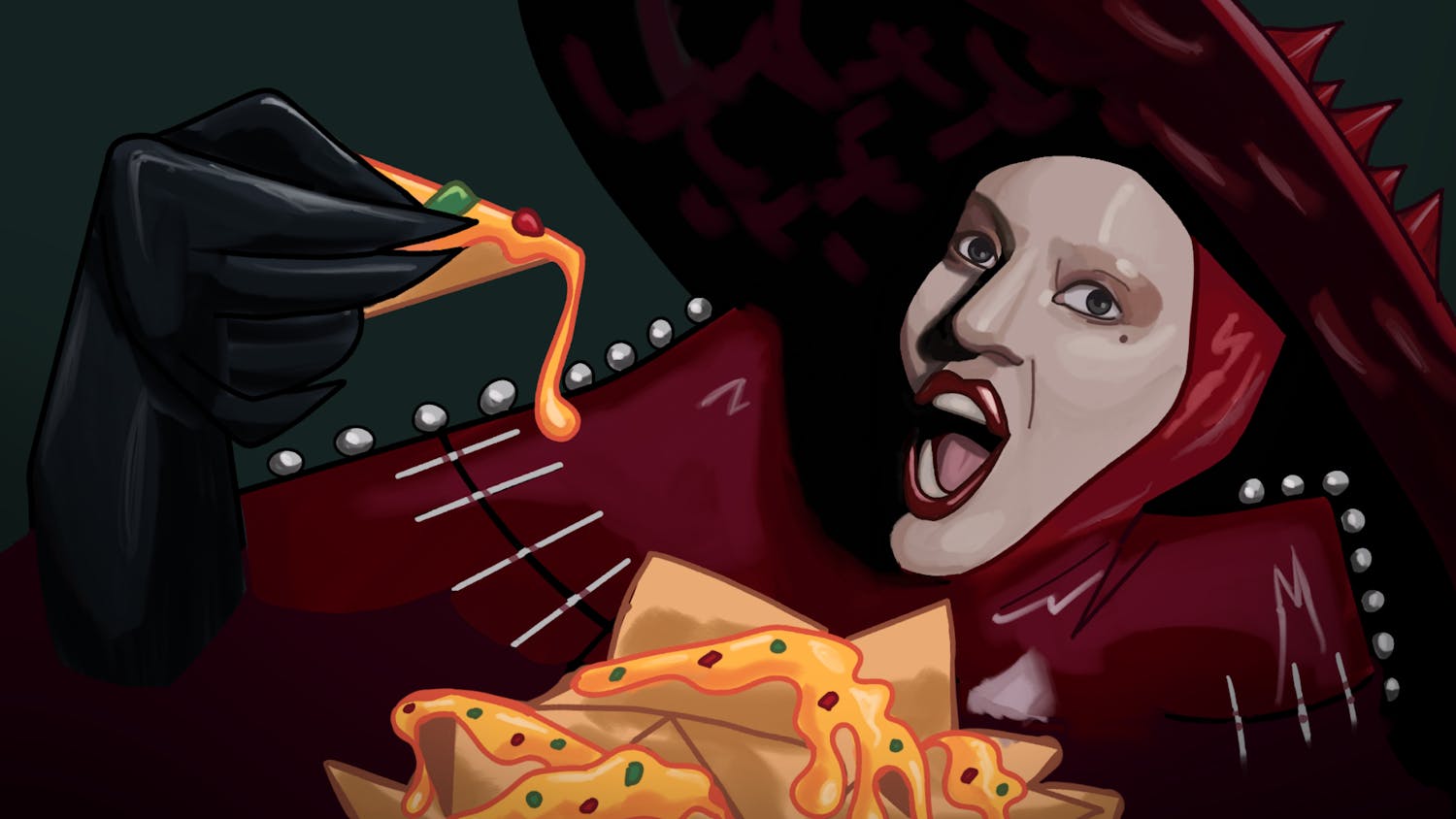“What is prog rock?”
That’s the question I had to answer when I told my friends I was seeing Yes perform at the Orpheum Theater on Wednesday night.
Yes are pioneers of the genre, which is characterized by eclectic lyrics, orchestral structures and an obsession with musical technique. Constantly changing time signatures make it difficult to clap or dance along to; the music is meant to be enjoyed as art.
The grandiosity of Yes hit me the minute they walked out to the Finale of Stravinsky’s “The Firebird” and received an immediate standing ovation. Scenes of canyons, valleys and snow-capped mountains played on digital screens throughout most of the show, adding another layer to their art.
The performance started with a tribute to drummer Alan White, who died earlier this year. Yes’ lineup has changed frequently, but their dedication to performing their music exactly as it sounded in the 1970s shows the legacy of each contributing member.
Jon Davison, the band’s lead vocalist since 2012, perfectly carried on the high range of the band’s original lead singer, Jon Anderson. While he brought energy to the stage, Davison also exemplified the humility needed to portray legendary music.
But the real face of Yes is guitarist Steve Howe, who has played various stints with the band since the 1970s. His intricate solos garnered the most applause, even though a message before the show discouraged the audience from “screaming and shouting during the band performing their songs.”
The dedicated Yes fanbase present at the Orpheum just couldn’t help it.
The first set, featuring a mix of older songs and tracks from their new album “The Quest” — which the audience understandably did not have the same emotional attachment to — was disrupted by a Steve Howe solo.
Howe immediately brought the atmosphere from a rock concert to an intimate performance with one of the most skillful guitar solos of all time. The lights came down and the screen displays shut off, leaving Howe in a spotlight to perform “The Clap.” I was blown away; it seemed impossible for just one person to jump between so many chords so quickly.
After a short break, Yes played through the entire “Close to the Edge” album, which was no easy feat — the first track is over 18 minutes long. “And You and I” was my personal favorite, as well as that of a Yes fan club in the front row that held up a license plate dedicated to the song.
Hearing an album performed front-to-back was an incredible experience, but I kept thinking ahead to the encore. It began with “Roundabout,” one of the band’s more commercial hits that more of the audience could sing along to.
I had waited all day for Howe to perform the iconic solo on “Starship Trooper.” It didn’t disappoint. The screen displays changed to rocketships and space imagery, closing out a multi-dimensional concert experience.
Yes succeeded in bringing 50-year-old songs back to life thanks to the musical perfectionism of each member. But the best part of the show was seeing younger students who have never seen prog rock before sprinkled among the older audience who have seen the band a number of times.
Though the band’s lineup may continue to change, I have a feeling Yes will continue to carry on the legacy of progressive rock for new generations.
Hope Karnopp is the news manager and dabbles in music reviews at The Daily Cardinal. She previously hosted the Cardinal Call for WORT-FM and edited state news.






